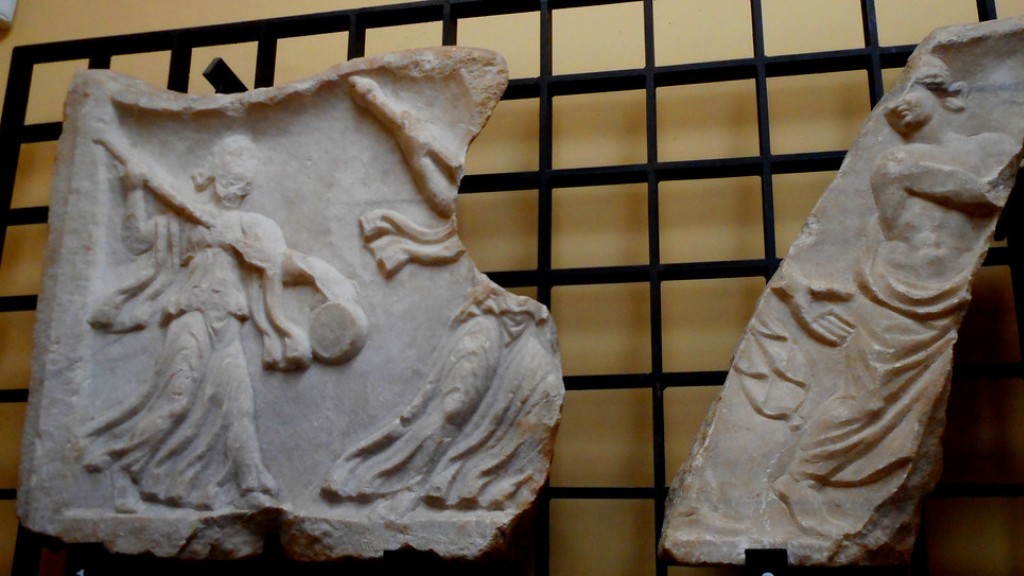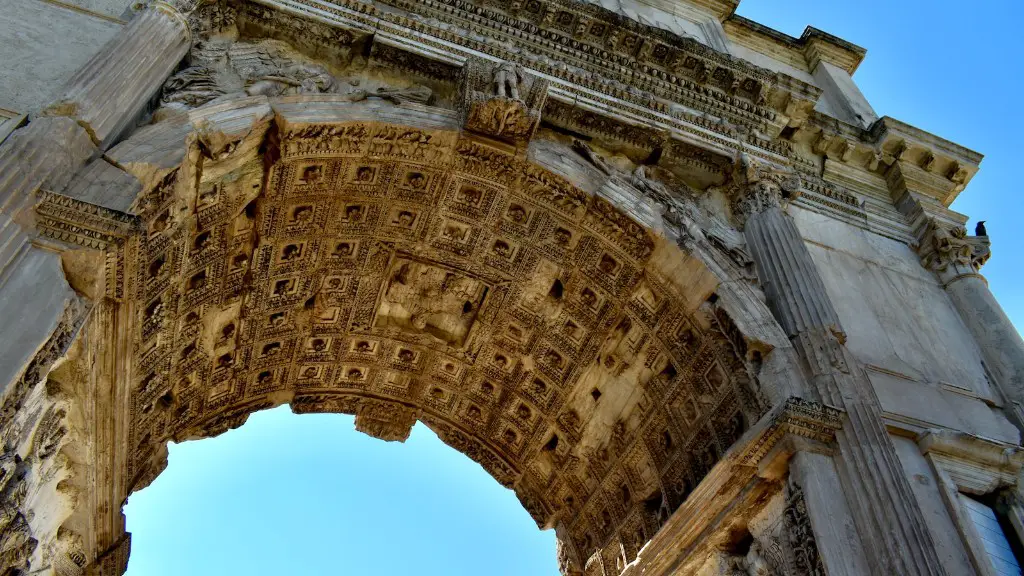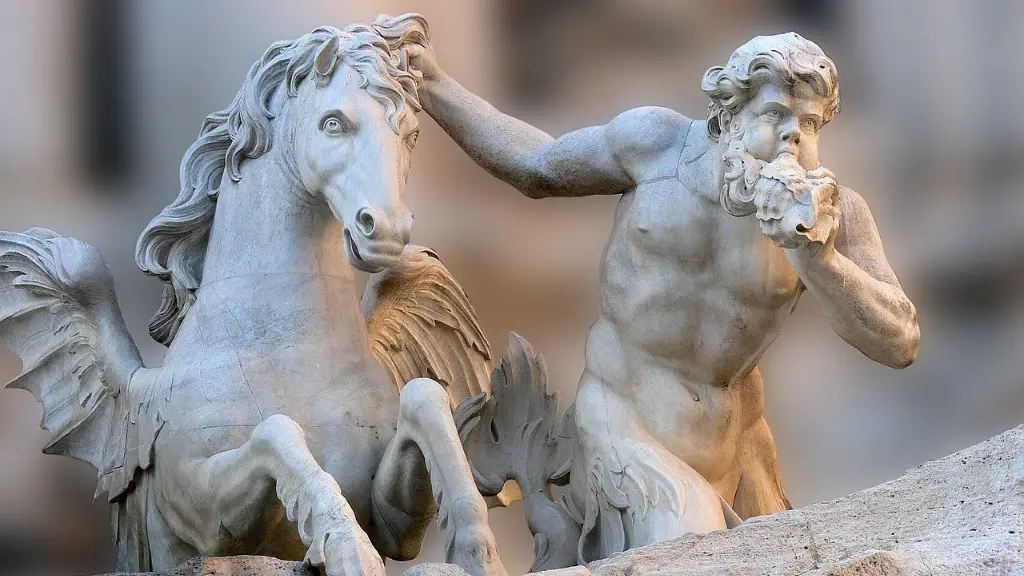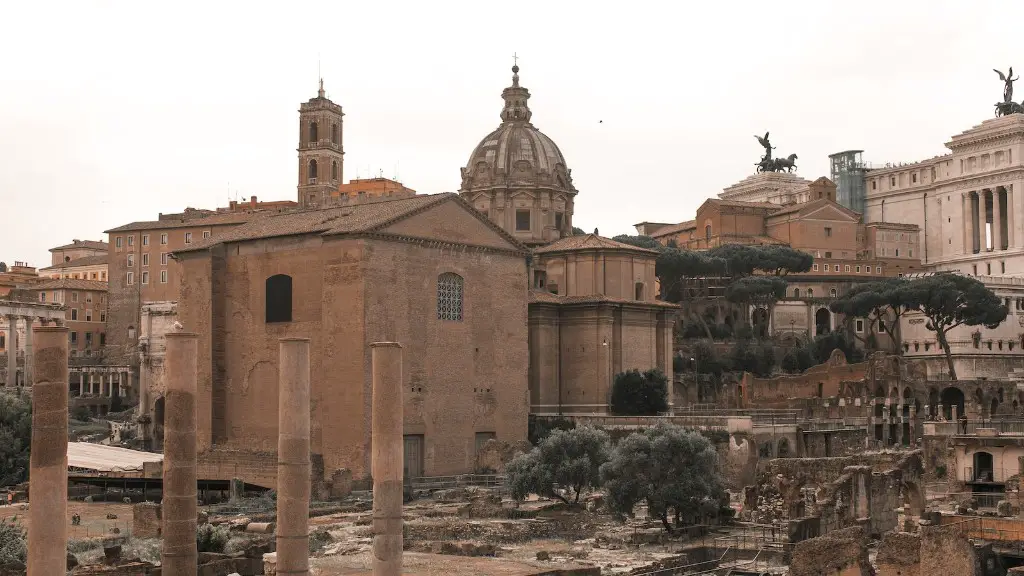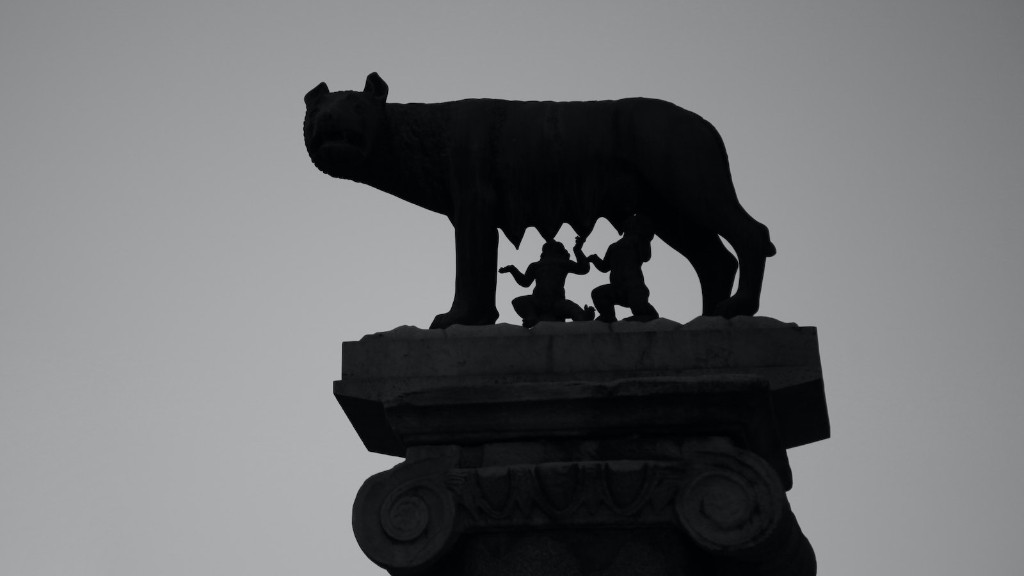The Gracchi Brothers of ancient Rome have become emblematic of the fight for social justice in Rome. The brothers, Tiberius and Gaius, have come to symbolize the tumultuous time period between 133 BC and 121 BC, in which the Roman Republic was transitioning from a republic dominated by an elite class of patricians to a democracy for all its citizens.
The brothers’ main claim to fame was their agrarian reform. Under the rule of Rome’s ruling class, the patricians, much of the Italian countryside had been subject to land seizure and mass privatization. The reform of the Gracchi Brothers was aimed at return the land to its rightful owners, the people, and enable them to make a living off their farms.
The reform however, was met with strong opposition. The patricians saw the reform as a threat to their power and their wealth so they attempted to stop it. This resulted in a civil war that ultimately saw both brothers killed. Despite the tragic outcome of their reforms, they began to move the Roman Republic in the direction of a democracy.
Today the legacy of the brothers lives on, not only in Rome where their statues are a reminder of their deeds, but in its legal system as well. For example, the agrarian laws which were passed by the brothers have become a cornerstone of Roman law as well as its legal system. This demonstrates that their legacy drove lasting change in Roman society.
What is perhaps less known about the Gracchi Brothers is their personal story. Despite their patrician birth, Tiberius and Gaius grew up in a lower class family, and had to work hard to achieve success in life. This enabled them to truly understand the customs, culture and needs of the lower classes, and allowed them to best advocate for their rights.
In addition to their political acumen and reform credentials, the brothers were renowned for their intellectual prowess. They were well versed in philosophy and politics. Both were renowned orators and had a deep understanding of Roman law and its implications. As the authors of their own reforms, they made sure that they were fact-based and in line with Roman law.
The brothers were ahead of their time, their ideas and actions clearly demonstrating that their vision was to reform Roman society, create a more equal and just society, and give the people a voice in their government. Their vision was a threat to the very core of the Roman Republic as it was then, which is what got them killed. However, their legacy of justice and reform lives on even today.
Social Mobility and Education
The Gracchi brothers were products of the opportunities of social mobility and education available to the plebeian class of Roman society. While their patrician birth provided them with an elite status in society, their mother was a plebeian. This provided for them access to the education and political opportunity that plebeian class enjoyed.
Tiberius was the first plebeian elected tribune, while Gaius was just elected tribune. Each served in the office of tribune for one year, in which they had a profound effect on the progression of Rome to a democracy as it is known today. They also held other political offices as well, such as censor and quaestor.
Through their efforts, the brothers were able to demonstrate the benefits of education and social mobility for the plebeian class of Roman society. Having access to a proper education and the right political opportunities allowed the brothers to reach the highest offices of Roman government and effect lasting change upon Roman society.
It was this access that allowed the brothers to showcase the principles of justice, freedom and equality that would start to shape the Roman Republic into what would become the foundation of modern democracy. The legacy of this education and social mobility is still evident today as the people of Rome are able to access the same education and political opportunity as the brothers of old.
The Gracchi Brothers understood the power of education, and were advocates for access to education for everyone. This understanding and knowledge has enabled the modern citizen of Rome to benefit from an improved quality of life and more equitable society.
Political Policies and Reform
The policies and reforms of the Gracchi brothers enabled their vision for a more equal Rome to become a reality. It is this enduring legacy of reform and policy that has made them so well respected in Roman society today.
The brothers put forward a number of reforms which would help to achieve their vision of a just and equal Rome. They strongly believed in the freedom of the individual, and they sought to ensure that this remained an essential part of the Roman Republic. This meant that they sought to ensure the power of the people by limiting the power of the patrician class.
They sought to do this by introducing a number of political programs and reforms. These included the agrarian law, which sought to promote economic independence by giving people access to land. They also introduced other reforms such as the creation of land commissions, which sought to promote access to agricultural resources, as well as reforms to the Roman taxation system.
The most prominent of these reforms however, was the Lex Sempronia, which limited the political power of the patricians and provided more power to the plebeian class. This law was the corner stone of their reforms, and it enabled their vision for a more equitable Rome to become a reality.
The legacy of their reforms enabled Rome to remain a republic with a strong sense of justice and freedom for its citizens. The legacy of their reforms also extended to other political systems, such as the United States, which is known for its focus on individual freedom and equality before the law.
The Legal System of Rome
The Gracchi Brothers of ancient Rome had a number of lasting legacies, but perhaps the most lasting among them was the social and legal system of Rome. From their introduction of the agrarian law to the transformation of the Roman taxation system, their reforms ushered in a period of social and legal progress which would see Rome rise as one of the greatest powers of its day.
Their reforms established a solid foundation for the rule of law in Rome. Under their policies, the people were able to access a system of justice and government that was more just and equitable for the lower classes. Furthermore, the reforms enabled a more effective legal and judicial system which allowed for more just rulings for all classes of Roman society.
In addition to this, the reforms and policies implemented by the Gracchi brothers enabled Rome to flourish as a society and government. This enabled Roman society to advance and develop in terms of its education, infrastructure, economy and culture. This enabled Rome to become the most powerful empire in its day and establish itself as a model for other states.
The lasting legacy of the Gracchi brothers lies in their reforms and policies, which remain a cornerstone of the social and legal system of Rome to this day. These policies enabled the Roman Republic to rise to greatness, and these principles continue to shape the world today.
The Moral Legacy of the Gracchi Brothers
In addition to the tangible reforms and political legacies of the Gracchi brothers, they also left behind a legacy of moral and ethical principles. Their vision for a just and equitable Rome was based on principles of justice, equality and freedom. These principles formed the basis of their reforms and they remain an essential part of the Roman Republic to this day.
The brothers’ moral legacy is still evident in the principles that form the basis of modern society. These principles include respect for the law, the rights of the individual, and the protection of individual freedoms and rights. These principles form the basis of the US Constitution and other democracies around the world, and their origin can fairly be attributed to the moral principles of the Gracchi brothers.
The moral principles championed by the brothers are still seen as essential today. They formed the basis of the reformation of the Roman Republic, and they continue to be upheld in Roman society. Furthermore, these principles have been adopted by many other nations, and remain an essential part of modern democracies.
The moral legacy of the Gracchi Brothers informs the political laws and principles of modern democracies. It serves as a reminder that justice and equality before the law is essential for any society to thrive and develop. Their legacy in this regard has withstood the test of time, and it continues to have a lasting impact in today’s world.
Conclusion
The Gracchi Brothers of ancient Rome have become emblematic of the fight for social justice in Rome. Through their reforms and policies, they enabled a more equitable Roman Republic and ushered in a new era of justice and freedom. Their legacy lives on to this day, and their principles and actions continue to shape the world. They left behind a legacy of reform, policy and moral principles that will continue to shape the world for generations to come.
